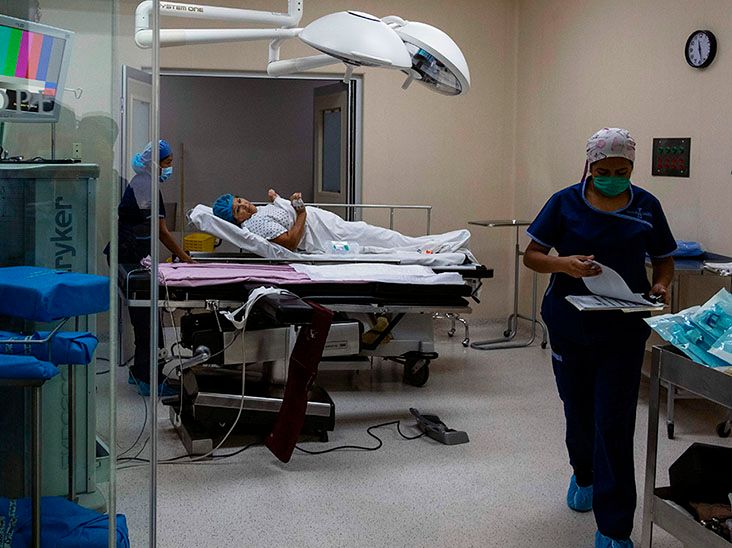Bariatric surgery has been shown to significantly improve cardiometabolic functions such as blood pressure, cholesterol, glucose, and HbA1c, reducing the risk of developing type 2 diabetes, hypertension, and dyslipidemia, as well as improving overall heart disease risk. Between 30% and 50% of people who undergo bariatric surgery experience remission of diabetes, hypertension, and dyslipidemia. A recent study published in the Journal of the Endocrine Society evaluated over 7,800 individuals who had bariatric surgery, finding that younger, female, or white individuals without co-morbidities tended to see significant cardiometabolic improvements post-surgery.
The study also noted that older, male, and Black participants showed a minor reduction in 10-year heart disease risk and had lower odds of remission of diabetes, hypertension, and dyslipidemia compared to younger, female, or white participants without a history of these diseases. However, Dr. Mir Ali, a bariatric surgeon, suggested that genetic factors may contribute to obesity in Black individuals, leading to potentially different outcomes. Despite this, Dr. Ali still recommends bariatric surgery for older Black males, as it remains the most effective way to achieve weight loss and improve cardiometabolic health.
Bariatric surgery has been shown to lead to significant weight loss and improvements in heart health, including lower blood pressure, lipids, and blood sugar. Participants in the study experienced a 35% reduction in their 10-year cardiovascular risk one year after surgery, with up to 50% of individuals experiencing remission of diabetes, hypertension, and dyslipidemia. Younger, female, and white participants without a history of cardiometabolic disease saw the most notable improvements post-surgery.
Different types of bariatric surgery include sleeve gastrectomy, gastric bypass, and other procedures that alter the stomach’s anatomy to reduce food intake and aid digestion. These surgeries can lead to metabolic changes, such as hormonal shifts that contribute to obesity and heart health. Dr. Mitchell Roslin, Chief of Bariatric Surgery at Northwell Lenox Hill Hospital, emphasizes that bariatric surgery is a tool to help individuals change their eating and lifestyle habits, leading to long-term success in weight loss and overall health improvement.
Overall, bariatric surgery remains a valuable treatment option for individuals with obesity, offering significant weight loss, improved heart health, and remission of obesity-related conditions such as diabetes, high cholesterol, high blood pressure, and sleep apnea. While the study suggests variations in outcomes based on age, gender, and race, further research is needed to fully understand the impact of bariatric surgery on different populations. It is essential for individuals to recognize that bariatric surgery and weight loss medications are tools that can support lifestyle changes for long-term success in managing obesity and improving overall health.


